Filling the Void - the Importance of Appropriate Framing and Visualisation
Introduction
As a medical student I used to find psychology both fascinating and perplexing.
That also extended to psychiatry (the medical field that studies and treats psychological disorders).
This is at least partly due to fear of the unknown and the generally bad press that psychiatry has had (for good reasons in some cases) in popular media.
Dr X
Sometimes a particular teacher or tutor has a long lasting influence on you that extends into your life in a manner which is disproportionate to the time you spent with them.
One of these kind of people for me was a particularly charismatic doctor who had an interest in theology and philosophy.
He also had a love of history, Sherlock Holmes and perhaps rather surprisingly - eastern meditation practices.
To protect his privacy I will call him Dr X.
The problem that Dr X taught me about
Psychological theories can often be quite difficult to follow and understand.
Often this is because they are couched in the language of science and medicalised jargon.
They don't really speak to the individual and their personal experience.
That is not how they are constructed and it is not their real intent as they are often designed for purposes of research and categorisation.
For example we may talk of drug addiction in various terms such as drive reduction theory, homeostatic mechanisms or classical conditioning.
This doesn't really speak to the patient.
Indeed it doesn't even speak to me when I am a patient.
Sometimes to truly understand something you need to visualise it in a particular way.
In a more human way.
Dr X's simple explanation
One time I was sitting in with a discussion that Dr X was having with a patient and he introduced me to a novel way of presenting psychological theories.
This is not scientific as such although it does contain aspects of a variety of psychological theories relating to motivation.
The patient suffered from recurrent major depression and alcoholism with intermittent abuse of more "illicit" substances - basically anything he could get his hands on.
No matter what he did he only really ended up feeling worse and more depressed afterwards.
That said his normal attempts at coping involved some kind of drug related means.
When summarising his situation to the patient Dr X told him about the concept of the "void":
The "void" within us all
He explained to the patient that "we all have a void within us".
This "void" is experienced as a discomfort or feeling of emptiness with an inherent drive to fill it.
Some people think of it like a black hole. Other people think of it like a an empty room that needs to be filled.
Different people "fill the void" i.e. negate the sense of emptiness in different ways:
- Some people fill it with food, sex, drink, drugs, gambling.
- Some fill it with work or other productive activities.
The way we fill it can ultimately result in positive or negative consequences which can come to define our success or failure in life as well as our ultimate happiness.
Filling this void using a single activity is almost always detrimental and likely to cause problems even if that activity is normally considered to be positive.
This goes back to the ancient advice of exercising moderation in all things.
Too much of anything (no matter what it is) is likely to lead to negative consequences.
Too much work can lead to burnout. Too much exercise can lead to injury. Too much alcohol can lead to addiction and serious physical/mental damage.
It is generally better to fill the void with a balance of multiple different activities to have a healthy body and mind.
Further Dr X really believed in mindfulness based meditation techniques.
In his opinion mindfulness based meditation allowed people to take conscious control of the internal void in a manner that allowed conscious change and the development of positive behaviours.
In essence one could actually shrink the size of this void and gain better control of our lives by it.
Not scientific
As I stated earlier this is not really what I would call a scientific way of looking at things, it is more a tool of visualisation.
I think experientially there is something universal in that feeling of emptiness or a "void" as he called it.
For this reason the explanation really seemed to work for the patient in helping to understand what he was doing and providing a framework for him to start working on his own recovery.
Dr X taught him some basic breathing exercises with some simple mindfulness to help cope with when he had the feelings of emptiness.
He also taught him some basic self-hypnosis and visualisation techniques where he would actively imagine the void being filled with a variety of positive activities whilst he slowed down his breathing.
I'm not going to pretend that it somehow transformed his life and cured him of his alcoholism - I don't think life is ever that simple.
It did give him a way of visualising and framing his behaviours.
Conclusion
Sometimes the first step of acknowledging a problem or an issue is actually visualising it, - almost to give it a kind of physicality or existence in your own reality.
This needs to be done in a manner that is appropriate to the individual and their experience of reality and that is not the same as the conventional manner that we are often trained in.
As I have discussed before I have suffered my own problems with depression and misuse of alcohol to try to cope.
This method of framing the problem still speaks to me, not as a doctor or health professional but as a human being.
When you are ill or suffering personal problems you are a human being first and a profession or job second (if it figures at all).
I have also found that one of the things that has helped me most of all is mindfulness.
If people are interested in the subject of mindfulness I could do some posts on it (let me know in the comments).
Thank you for reading.
If you like my work please follow me and check out my blog - @thecryptofiend
All uncredited photos are taken from my personal Thinkstock Photography account. More information can be provided on request.
Are you new to Steemit and Looking for Answers? - Try :
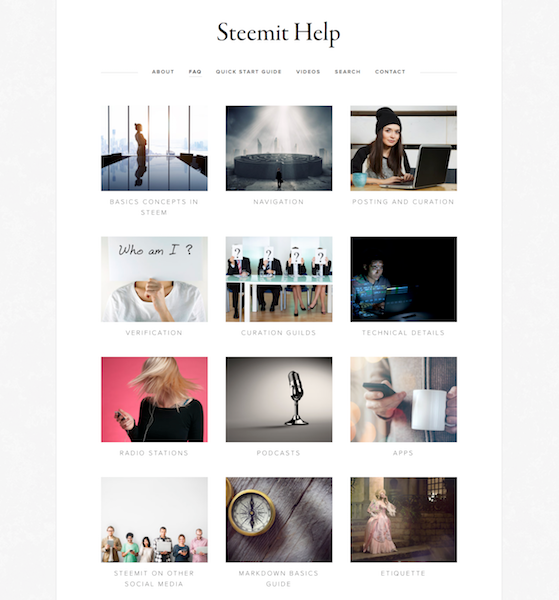

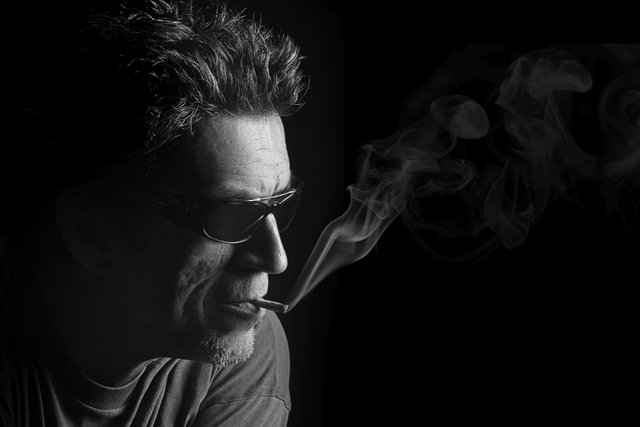



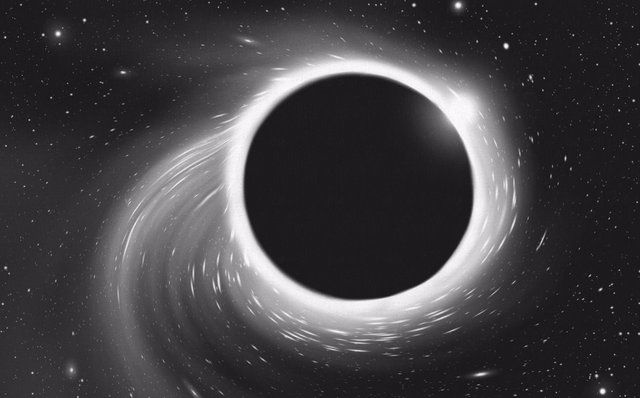
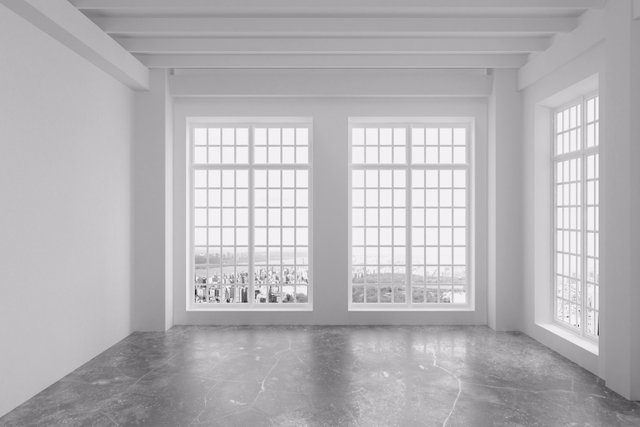
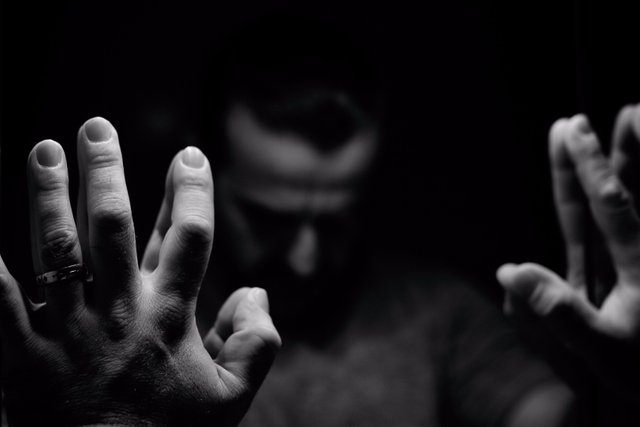
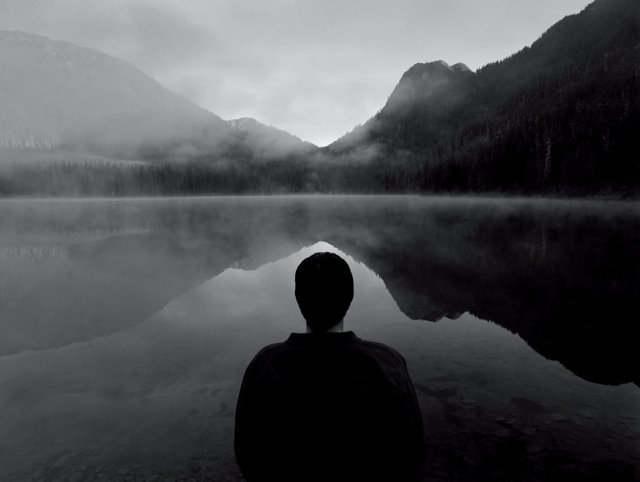
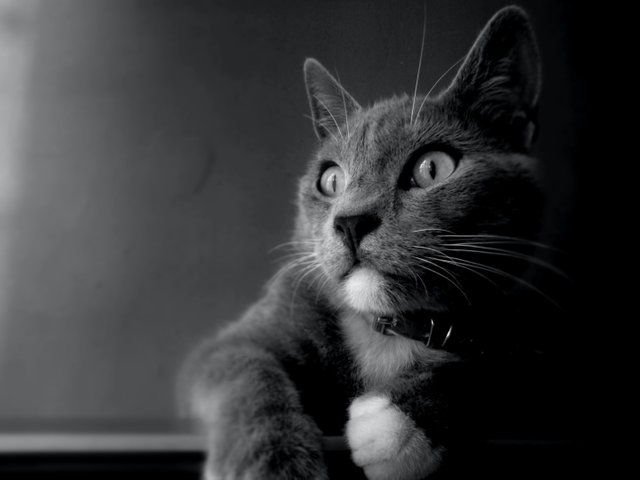
A very thought provoking post. I have recently found ways to fill my void which includes steemit and anything to do with cryptocurrency. It gets easier every day and i really dont know what i would do without steemit as a distraction at the very least.
Absolutely. It is the same for me - not working due to my health problems has meant the temptation to drink would have been that much greater were it not for cryptocurrencies and specifically Steemit.
Not scientific...
I really hate this. The void is a far more precise description than anything out of the DSM. If to be scientific is to search for the truth, than all of the psychiatrists have earned an F in science.
It is almost as if they are trying to make the problem worse.
And people that are derided for not being scientific are achieving miraculous healings. Not just shrinking the void. Not just filling the void. But fulfilling the void. I used to love science, but when "science" is used to turn everyone's back on the truth, then "science" has to go.
Thanks for your perspective:)
I will be restarting my Mindfulness Meditation again once hubby goes back up work. It definitely stops me thinking about my void for a short while :)
Cool it is the same for me:)
I studied psychology too, and your description of it being "both fascinating and perplexing" is pretty spot on. I think staying physically healthy has a lot to do with being mentally healthy. I agree with you, moderation is key. Mindfulness and breathing exercises are great as well, and something I should do more of! 😋 Great read, thanks for sharing.
Thanks! Yes the mindfulness and just exercise in general are things that are easy to miss out on but important to keep us healthy:)
Awesome thoughtful work as usual.
This is what is meant when people talk about adding value to the platform.
I have my own Dr. X - in fact I have several of them. They have changed the way I live my life and view the world and those around me.
This had cost me and caused me pain, but I wouldn't trade it for anything.
Thanks! I think we come across them throughout our lives and sometimes it is only later when we realise.
You're articles are always bursting with so much fresh knowledge. Great job!
I only wish I could have known my "Dr. X" when I was back in university. He sounds very grounded and intelligent. I love the notion of visualising a problem to tackle it. So glad his principles have helped so much in your own life too.
What a great read! Thank you, @thecryptofiend.
You're welcome. I think we all come across such people in our lives. Sometimes we don't realise it at the time - it is only when life's trials and tribulations bring us back to the advice they gave us. Thank you so much for your kind words and support:)
Post was very helpful. I am grateful to my paintings you see on the page.
I enjoyed this one, would love to read more on the topic. Psychology has always fascinated me as well- why people do the things they do, how the past plays a role in our behaviors today...
Thanks for the post and great photos as well. Love the cat :)
Thanks. Yes psychology is fascinating! The cat is the best part lol! Thanks for reading:)
Mindfulness is a very interesting subject. I'm sure it would please a lot of people. I encourage you to develop in this direction. All good to you.
Thank you. I will look into it - I'm by no means an expert as I have only been doing it for just a couple of years but I could certainly look into some of the medical research which is now backing the practice.
I wish so bad that I could write more like this... this was such an awesome writing about this topic. Thanks for writing! Bless you!
Thanks you that is so kind:)
I do try my friend. And, thanks for giving me upvotes. I'm still reaching for the pay it forward people who want to help me grow. Thanks for being one of them.
You're welcome:)